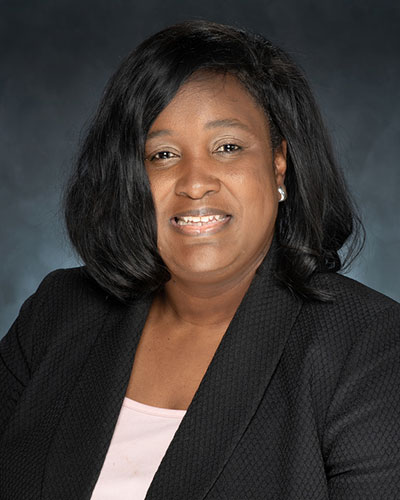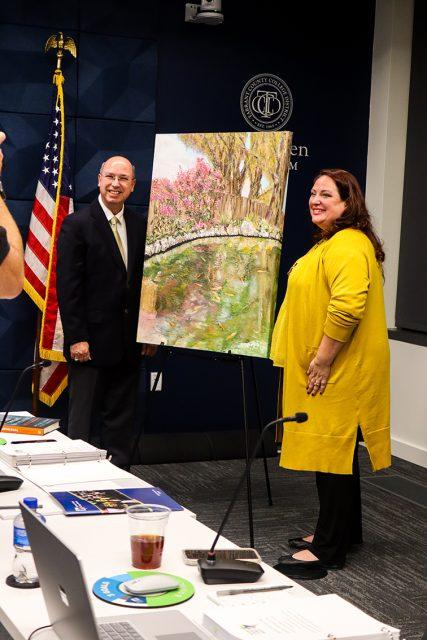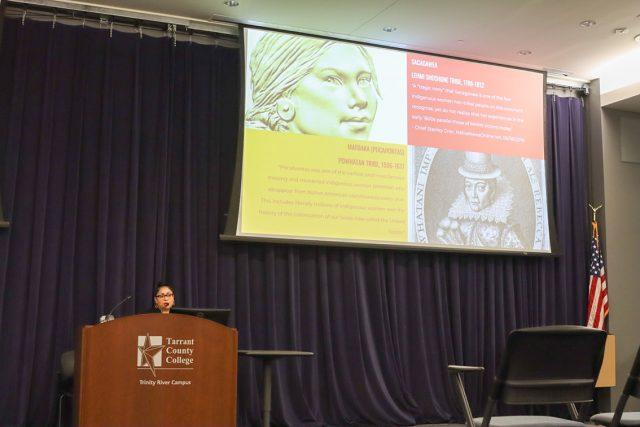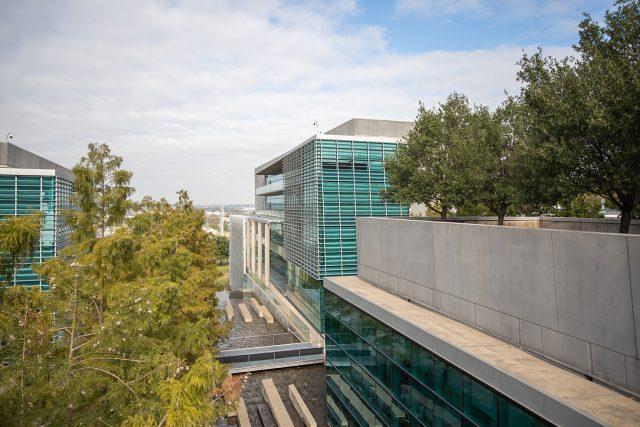XAVIER BOATNER
campus editor
xavier.boatner@my.tccd.edu
TCC campuses hosted a virtual presentation to spread awareness of current diversity efforts within Hispanic communities.
TCC TACHE president Casey Chavez and TCU ethics associate professor Santiago Piñon met Nov. 16 to express the importance of Hispanic representation across American history and promote discussions surrounding Hispanic culture.
“Lots of times when you tell the history of the U.S., Latinos are excluded from that history even though they’re a very important part of that history,” Piñon said.
The presentation was meant to inform people of Latinos’ roles in history and encourage different groups to talk about the impact they’ve left, he said.
“Part of my motivation is to promote these types of conversations,” Piñon said. “Oftentimes, we don’t have these conversations in public. We have them privately, and we need to bring awareness to stuff like this.”
Piñon said he hoped people would understand how much history means to others and how learning where different people come from matters.
“I hope they learn history matters and how you present history is important,” he said. “You can’t just present a particular part of history to the exclusion of others.”
Lots of schools across Texas have been steadily becoming more inclusive over the years, but the amount of cultural and racial representation needs work to become the best it can be, Piñon said.
“If you’re defining diversity as adding people who aren’t white, then a lot of schools do a good job,” he said. “But does that mean those people are well-represented? Absolutely not.”
During the presentation, Chavez shared details about the student population and where TCC campuses’ largest diversity gap lies.
“We have a large gap between our student population demographics and our faculty staff demographics,” she said. “We are a Hispanic-serving Institution, but the biggest demographic gap is within our Hispanic students.”
The takeaway from the presentation was to inform a wider audience of Hispanic history, Chavez said.
“I think the takeaway is what was mentioned by Professor Piñon – awareness,” she said. “I think the first step to any movement begins with awareness.”
When asked about the quality of diversity and representation across TCC campuses, Chavez said it’s not where it needs to be to make a difference.
“I think there’s always room for growth,” she said.
South government and history instructor Carlos Rovelo said TCC campuses could benefit from a more diverse student and staff population.
“We are really far behind,” Rovelo said. “Yes, we are trying to improve, but trying is not good enough. We need results.”
Rovelo said TCC should want to make changes that accommodate a stronger multicultural and multiracial student community.
“We need to be progressive,” he said. “We need more people for the student population. I care about our future. I don’t want to play any games. I want our students to have a future.”
Students of varied backgrounds and cultures provide other students with opportunities to learn more about different people and their lifestyles, he said.
“It has been a great experience to be in a classroom filled with diversity,” Rovelo said. “I get to learn about students’ challenges through their diversity.”
People should be more open to inclusive efforts and start thinking about the benefits of diversity and representation in the long term, he said.
“If we fear diversity, we fear the future,” Rovelo said.




































